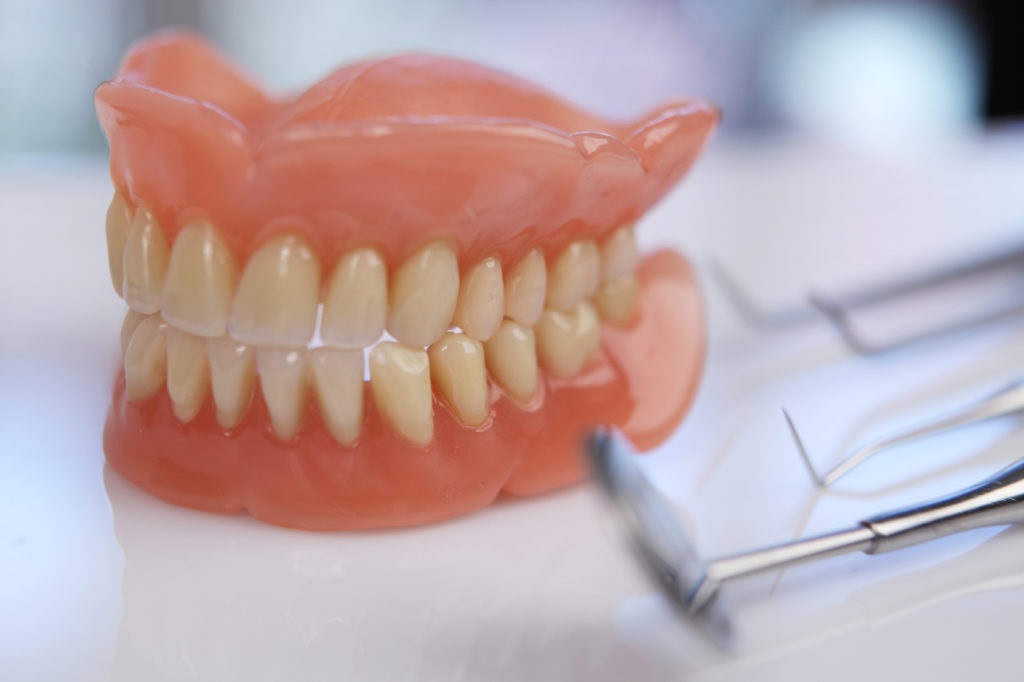Dentures vs. Dental Implants: Which Option is Best for You?
Maintaining a healthy, radiant smile is not only about aesthetics but also about quality of life, especially as we age. For seniors and those who have lost teeth due to injury or disease, the decision between dentures and dental implants is a crucial one that can greatly impact their immediate and long-term oral health. In this comprehensive blog post, we will explore the key differences between these dental solutions, shedding light on the most beneficial option for each individual’s unique circumstances.
What are Dentures?
A dental denture is a removable prosthesis used to replace missing teeth. It’s designed to restore the function and appearance of your natural teeth, and can be a lifeline for those who have lost several or all of their teeth.
Types of Dentures
- Full Dentures: For patients who have lost all their teeth.
- Partial Dentures: When some natural teeth remain.
- Permanent Dentures: Fixed in place, typically with dental implants.
- Removable Dentures: Traditional dentures taken out for cleaning and sleeping.
Pros and Cons of Dentures
Pros
- Cost-effective
- Non-invasive procedure to get fitted
- Easy to fix if damaged
Cons
- May slip or move during eating or speaking
- Requires regular removal and cleaning
- Can cause bone loss over time, affecting jaw structure
Cost Considerations and Insurance Coverage
The initial cost of dentures can be more affordable compared to dental implants, making it a popular choice for individuals on a tight budget. Many dental insurance plans cover a portion of the denture cost.
Unpacking Dental Implants
What are Dental Implants?
A dental implant serves as a replacement for the root portion of a missing tooth, upon which an artificial tooth (crown) is placed. Unlike dentures, dental implants are not removed and are designed to last a lifetime with proper care.
The Process of Getting Dental Implants
- Consultation and Planning: Initial assessment of the oral health and treatment planning.
- Implant Placement: Surgically placing the implant into the jawbone.
- Healing Phase: Time for the bone to grow around the implant, a process called osseointegration, making it a stable fixture.
- Abutment Placement: Connecting the implant to the artificial tooth.
- Crown Attachment: Placing the artificial tooth onto the abutment, completing the process.
Advantages and Disadvantages of Dental Implants
Pros
- Stability and function like natural teeth
- Longevity – can last a lifetime
- Protects against bone loss in the jaw
Cons
- Higher initial cost
- Requires a surgical procedure
- Not all candidates may be eligible due to bone density or overall health
Cost Considerations and Insurance Coverage
Dental implants are a long-term investment, with a higher initial cost but potential for lower costs over time, as they typically do not require replacement. Insurance coverage for dental implants can vary widely, with some plans offering partial coverage for the implant procedure itself.
Key Differences
Dentures
- Appearance: Can be less natural-looking, especially when removable.
- Function: May impact the ability to chew certain foods and some find speaking slightly altered.
- Oral Health: Can lead to bone loss and subsequent changes in facial structure over time.
Dental Implants
- Appearance: Highly realistic and indistinguishable from natural teeth.
- Function: No limitations on diet or speech and the ability to function as natural teeth.
- Oral Health: Promote bone health and prevent further bone loss in the jaw.
Consultation with a Dental Professional
The best way to determine if you are a candidate for dental implants or dentures gold coast is by consulting with a qualified dental professional. They can assess your specific oral health conditions and provide personalised recommendations.
Conclusion
When faced with the loss of one or more teeth, it is essential to weigh the options of dentures and dental implants. While dentures can serve as a practical, affordable solution, dental implants offer a more permanent and natural alternative. Your choice should reflect not just your immediate needs and financial situation but also consider the long-term impacts on your oral and overall health. Take the first step towards a bright, healthy smile by scheduling a consultation with a dental professional to discuss the best path for you.



